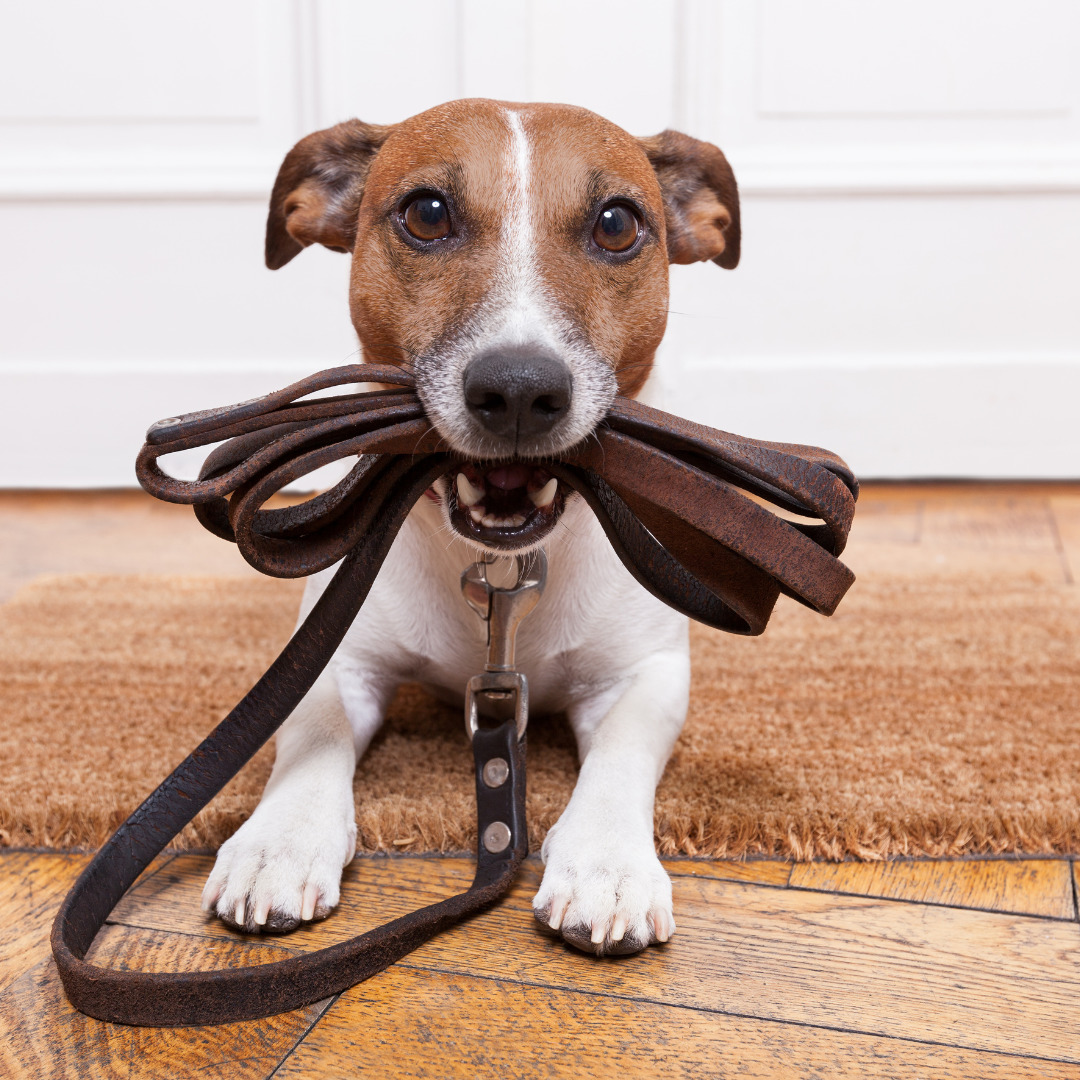Whether you own a poodle or a pit bull, you have a legal responsibility for your dog’s behavior. Two recent Pennsylvania court cases reaffirmed that failure to control a dog may have serious legal consequences.
In Franciscus v. Sevdik, 135 A.3d 1092 (Pa.Super. 2016), an employee of a pet-sitting business was out walking a client’s dog when the dog, a pit bull, jumped up and bit a 5-year-old girl on her chin. Interestingly, the trial court held only the dog owner responsible for the girl’s injury and dismissed the pet sitter. On appeal, the Superior court reversed. The evidence showed the owner had posted a “Beware Of Dog” sign on his property. Moreover, the owner specifically wrote in the service request form to the pet sitter to avoid routes with children when walking the dog. It seems the pet sitter rather than the owner should have been held responsible. The court ruled the pet sitter had knowledge of the dog’s dangerous propensities and should not have been dismissed from the case. The court held that a pet care business has the same legal responsibility for a dog bite as the owner when the dog is in its care.
The court declined to recognize pit bulls as a dangerous breed. The court held the breed of the dog is not the issue. The focus must be on the owner’s knowledge of behavior that indicates the dog may attack a human. Knowledge of growling or aggressive behavior, such as a fight with another dog, may give rise to liability even if the dog has not previously bitten anyone.
In Skotnicki v. Pennsylvania Dept. of Insurance, (156 C.D. 2015), the court upheld an insurance company’s cancellation of a homeowner’s insurance policy after it learned the homeowner’s dog had bitten someone. The dog, an English Springer Spaniel, bit the owner’s neighbor on his calf as the owner and the neighbor were talking. The owner described the attack as “out of the blue.” It is a simple fact that dogs who bite are more costly to own.
Dog bites are preventable in most situations. Dog owners should always keep a dog on a leash, even in an unfenced yard. Even smaller breeds may run away and encounter people. A dog owner should never allow a person who is a stranger to the dog to approach the dog and pet it without the owner’s introduction. An introduction involves the owner specifically talking to the dog to calm it and let it know the owner approves. If the owner knows the dog has a tendency to be protective or be anxious around strangers, it is best to err on the side of caution and avoid contact at all. Dog owners must also exercise caution when a visitor enters the home. The same rules for outside interaction apply. An aggressive or protective dog should be confined before allowing anyone to enter.
A dog’s companionship can enrich our lives, but it brings with it responsibility just as children do. And just as with children, an adult’s carelessness can lead to injury. Take these simple precautions to prevent dog bites and protect yourself from expensive consequences.
Scott Fegley is the son of veterinarians who maintained a practice in Hatboro, Pennsylvania for over forty years. He has had dogs as companions his entire life. Scott Fegley also has veterinarians and pet care services among his clients, and has represented persons in dog bite injury cases. If you have questions about a dog bite case, call The Fegley Law Firm at (215) 493-8287 or by email at scott@fegleylaw.com.

